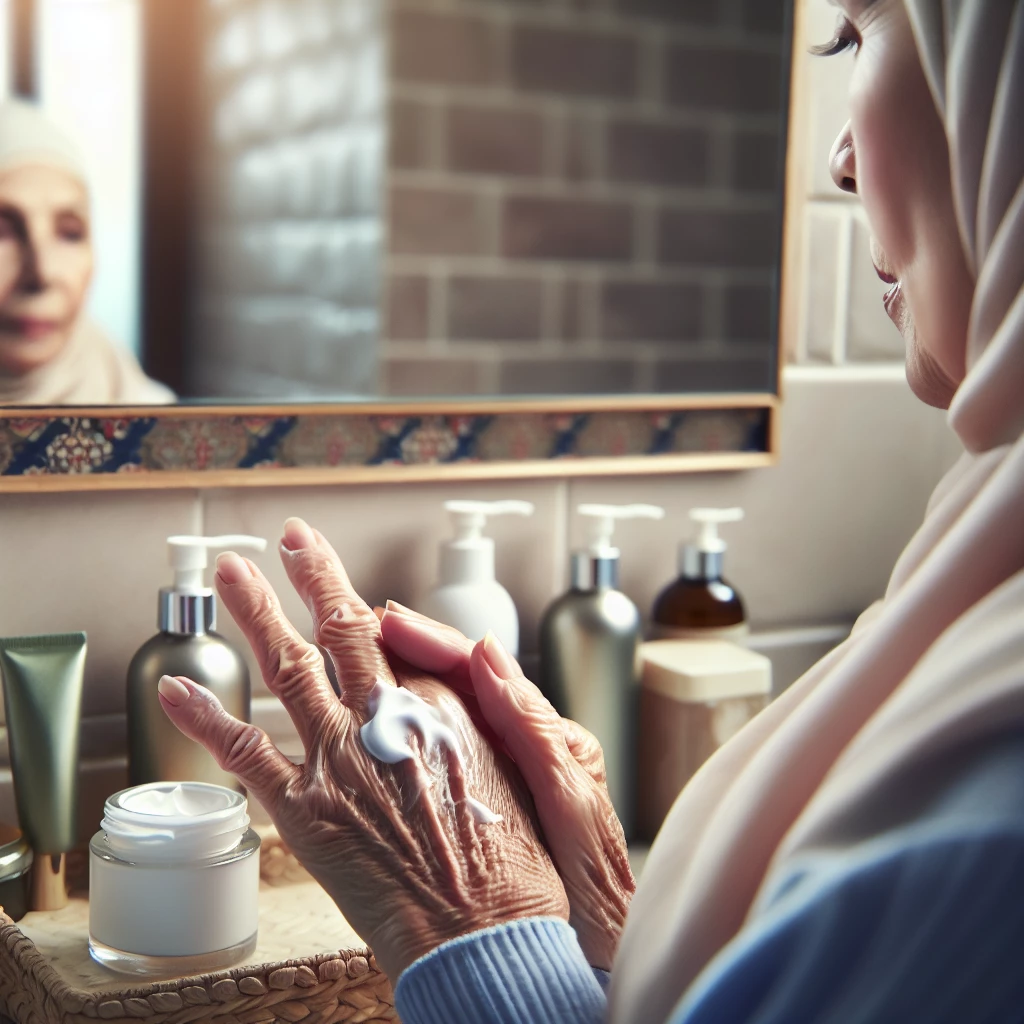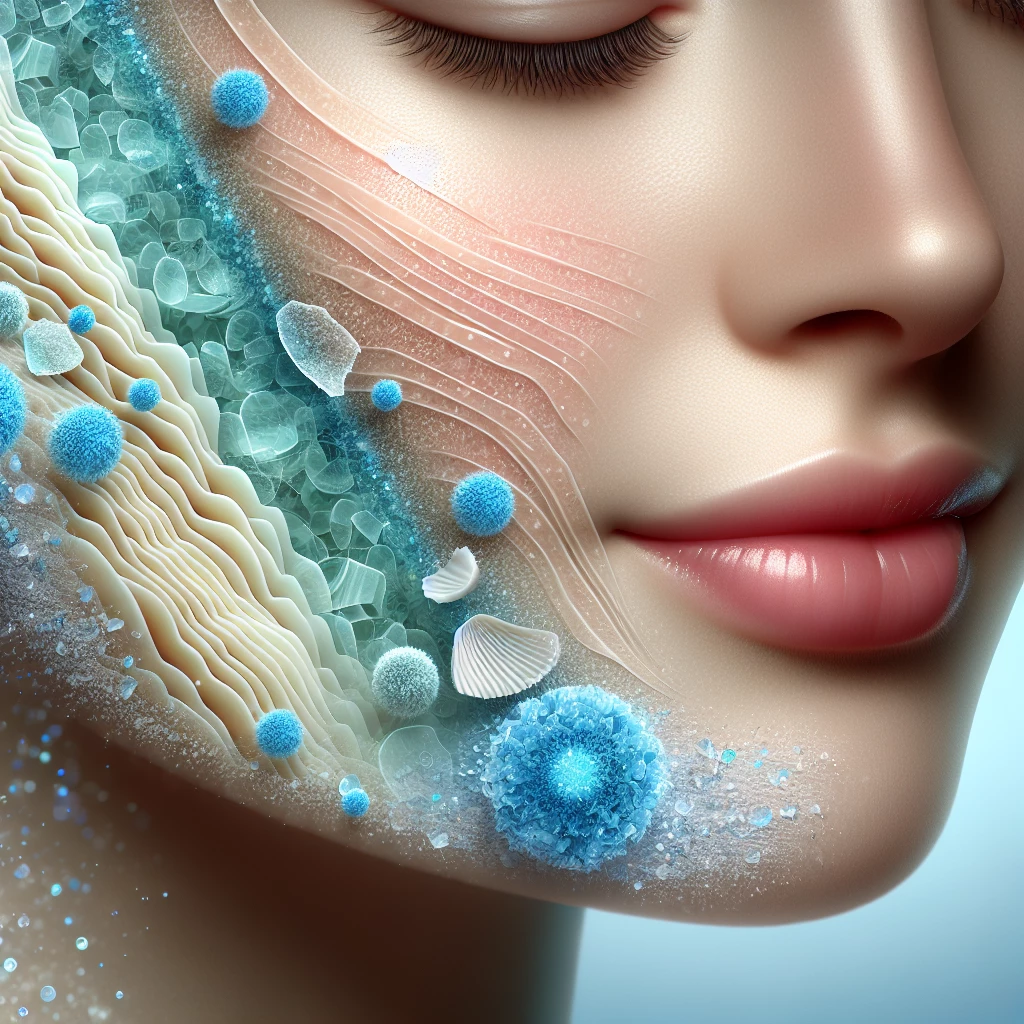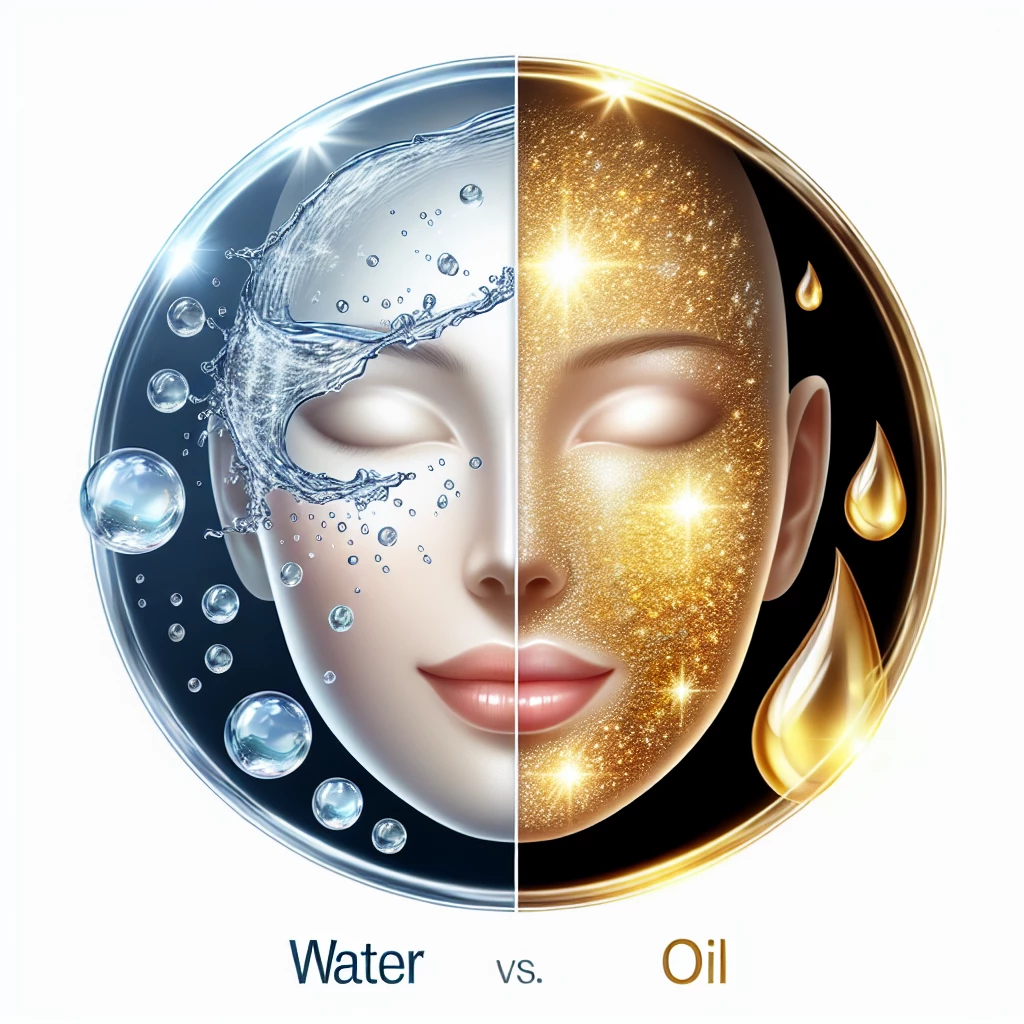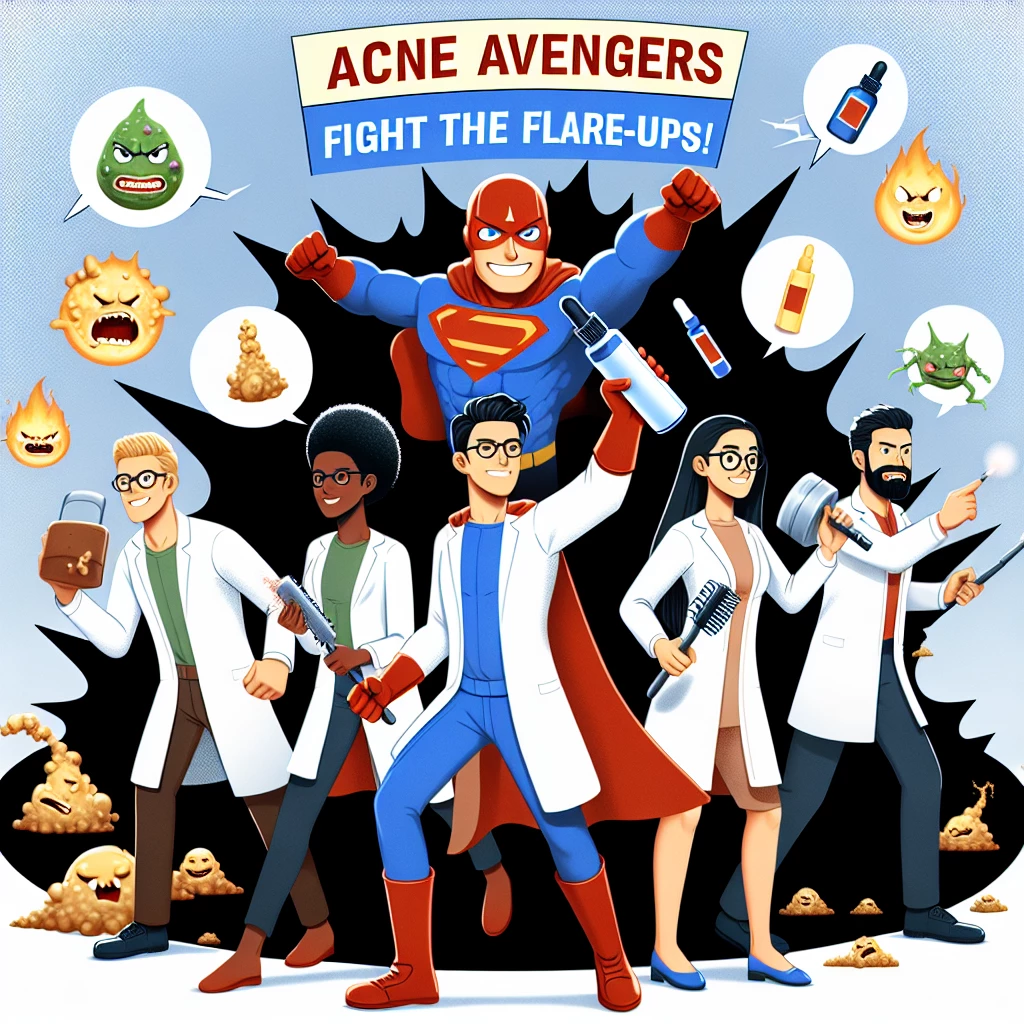Struggling with acne is like fighting a never-ending battle. It's not just about the painful bumps, but the toll it takes on self-confidence. This blog post is dedicated to all you Acne Avengers out there, fighting your tough battles against skincare's arch-nemesis, acne - by exploring prevention measures, treatments, impact of diet, and maintaining a healthy skin regimen.
Understanding Acne
Acne goes deeper than the surface of the skin. It's an inflammatory condition caused by hormonal imbalances, clogged pores, and bacteria. Understanding your acne could be the first step to effectively fight it.
Not all acne is created equal. There are different types including whiteheads, blackheads, papules, pustules, nodules, and cysts. Recognizing the type of acne can aid you in determining the best treatment approach.
It's also essential to understand that acne is not your fault. It's not caused by anything you did or didn't do, nor it is a reflection of your hygiene. It's a complex condition with multiple contributing factors.
Prevention and Treatment
Prevention is the best way to avoid acne flares. Keep your skin clean, avoid harsh products and intense scrubbing to avoid triggering inflammation. Using oil-free, non-comedogenic products can also help.
Effective treatments for acne varies depending on the type and severity of acne, and may include over-the-counter products, prescription topical treatments, antibiotics, or even oral contraceptives. Always consult with your dermatologist about the best treatment plan for you.
Light therapies and chemical peels are other treatment methods that are proven to be successful for some people. Remember, what works for others might not work for you. It's all about finding what suits your skin type and condition the best.
Role of Diet in Acne
While there's no direct evidence to show that diet causes acne, certain foods are known to trigger hormonal spikes that could lead to breakouts. High-glycemic foods like sweets, pasta, bread, soda, among other sugary foods, might contribute to your acne.
Dairy products might also play a part in exacerbating acne due to the hormones present in them. However, more research is needed to firmly establish the link.
So, what should you eat? A diet rich in fresh fruits, vegetables, lean proteins, and whole grains is suggested to promote better skin health.
Acne and Skincare Routine
A consistent skincare routine can work miracles in managing acne. It would be best when it includes cleansing, toning, moisturizing, and sun protection. Exfoliating once or twice a week may also be beneficial.
When you have acne, make sure you choose products suited for your skin type and condition. Going for gentle, non-comedogenic, oil-free formulas can save your skin the potential clogging.
No matter how rigorous, never go overboard with your skincare routine. Overdoing it could lead to more harm than good. Moderation is key!
In this relentless war against acne, be patient and remember, every acne warrior is unique. While acne may seem a monstrous enemy to conquer, with the right treatments, preventive strategies, diet tweaks and a consistent skincare routine, you can win this battle. To all Acne Avengers, keep shining, keep believing and above all, keep glowing!

Age Gracefully: Mature Skin Care
Delve into the changes that come with aging skin and the best practices to ensure its health and vitality.

Vitamins for Victory: Skin Nutrients
Discover the key vitamins that contribute to skin health and the best ways to incorporate them into your skincare routine.

Exfoliation 101: Clearing the Surface
Dive into the process of exfoliation, uncovering its benefits and learning how to properly exfoliate for brighter, smoother skin.

Skin Hydration: Water vs. Oil
Get insight into the importance of hydration in skincare routines and understand the difference between water-based and oil-based products.
